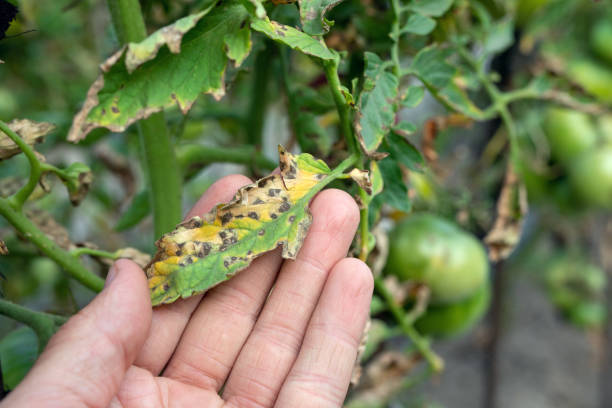Introduction:
In today’s fast-paced and technology-driven world, finding solace and peace of mind can be a challenge. However, one age-old remedy has stood the test of time: connecting with nature. Gardening, in particular, has been proven to have a profound impact on mental health. In this article, we will explore the healing power of nature and how gardening can improve your mental well-being.
1. The Therapeutic Benefits of Gardening:
Gardening offers a range of therapeutic benefits that can positively impact mental health. Engaging in gardening activities, such as planting, weeding, and nurturing plants, allows individuals to connect with nature and experience a sense of purpose. The act of caring for living organisms can be deeply fulfilling and rewarding, boosting self-esteem and providing a sense of accomplishment.
2. Stress Reduction and Relaxation:
Spending time in nature has long been associated with stress reduction and relaxation. Gardening provides an opportunity to escape the pressures of daily life and immerse oneself in a peaceful and serene environment. The rhythmic and repetitive nature of gardening tasks, such as digging or watering, can induce a meditative state, promoting relaxation and reducing anxiety.
3. Physical Exercise and Well-being:
Gardening is a physical activity that offers numerous health benefits. Engaging in gardening tasks, such as digging, planting, and pruning, provides a moderate form of exercise that can improve cardiovascular health, strength, and flexibility. Regular physical activity has been linked to improved mental well-being, including reduced symptoms of depression and anxiety.
4. Connection with the Natural World:
In our increasingly urbanized society, many people have become disconnected from nature. Gardening allows individuals to reconnect with the natural world and develop a deeper appreciation for the environment. Spending time outdoors, surrounded by plants and wildlife, can evoke a sense of awe and wonder, fostering a greater sense of connectedness and belonging.
5. Social Interaction and Community Engagement:
Gardening can also facilitate social interaction and community engagement, which are vital for mental health. Joining a community garden or participating in gardening clubs provides opportunities to connect with like-minded individuals, share knowledge, and form meaningful relationships. Social support and a sense of belonging have been shown to improve mental well-being and resilience.
Conclusion:
The healing power of nature is undeniable, and gardening offers a unique and accessible way to tap into this power. By engaging in gardening activities, individuals can experience a range of mental health benefits, including stress reduction, relaxation, physical exercise, connection with the natural world, and social interaction. So, whether you have a small balcony or a spacious backyard, consider starting a garden and reap the rewards of improved mental well-being.











